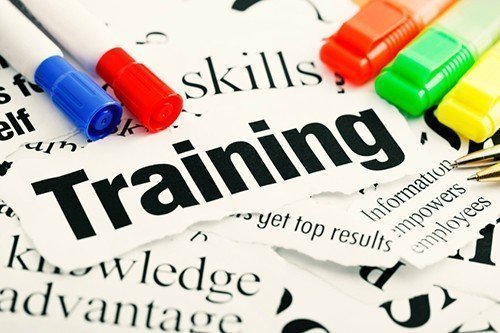Action plans are a way of transforming the insights and learning?s acquired from a training course, group program or a session into clear intentions about how such knowledge or skills will be used and applied subsequently. This is a very important part of transferring the work done by an individual in a training session to the external world outside the training group. Action plans are applicable in almost any situation where participants have been involved in learning or discovery and when the period of reflection and application is made available either during or shortly afterwards.
Time for reflection and completion of action plans should be factored in towards the end of the session. Action planning is initiated at the point when no new material is being introduced and participants are considering how the material, which has been covered or discovered, might be applied in their own settings.
Individuals and groups write action plans as a record of how they intend to use the training imparted to them in future. It is often helpful to use a series of headings or prompt questions to assist in formulations of action plans, as these can help in focusing attention on particular areas of action appropriate to the circumstances. Some of the questions that you can use in your action plan are:
- Name the reasons for participating in this training program or session.
- The main learning points for you from this session are
- What you have learned or discovered connects with
- The things which I now plan to start doing or do more of are
- The things which I now plan to stop doing or do less of are
- Other action points arising from this work are
- I plan to review these action points on
You May Also Like To Read:?Four Actions That Prove You Don?t Have Strategic Ability
Another alternative is to encourage participants to make their own unstructured action plan notes. One interesting way of doing this is to issue each person with a blank memo sheet and envelope towards the end of the program. Time is then provided to fill the memo sheets with ideas and plans as to how the participant intends to use the learning?s or insights from the program in the day-to-day work.
The Memo is addressed to the person who is filling up the form, when the memo is done; each person puts it in a self-addressed envelope and hands it over to the facilitator. Thereafter explain that the simple act of writing the memo helps to fasten the action plan ideas in each person?s head. At the end of the two-month period, you can mail the envelope containing the original memo to the participants as an unexpected reminder. This will remind the participants of their promise and whether they delivered what they had promised to themselves. additionally this exercise instills self accountability in the individuals .











It is easy to make promises to ourselves, especially when we are in a good mood, but somehow we fail to accomplish them. Action plans are indeed good reminders. They can help you evaluate your evolution in a given time and see if you are heading in the right direction.
This is a great approach. Considering current status of technology I would suggest that such action can be posed on a action tracking tool which can give a reminder at set time (after two months!). There are very useful such tools available on Mobile phones and I feel that effectiveness of Learning will enhance substantially.
Also once suggestion that instructor as well can set few common goals for participants which can be tracked for completion by committed date.